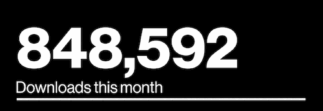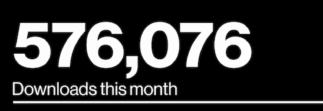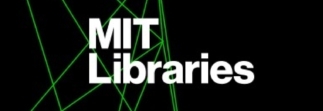In September 2021, the Center for Research on Equitable and Open Scholarship (CREOS) welcomed three postdoctoral associates for two-year terms as part of a research program funded by The Andrew W. Mellon Foundation. Corey Masao Johnson, Suman Maity, and Ashley Thomas have been working with MIT faculty members as well as MIT Libraries staff on projects exploring open and equitable scholarship. Bibliotech asked each of the postdocs to briefly describe their research topic.
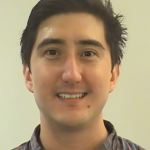 Corey Masao Johnson
Corey Masao Johnson
Faculty mentor: Stephanie Frampton, Associate Professor of Literature
“Documenting Indigenous Languages at MIT” addresses the challenges of endangered language preservation and the afterlives of linguistic data in material repositories. This line of inquiry was prompted by the papers of the late MIT linguist Kenneth Locke Hale (1934-2001), Ferrari P. Ward Professor of Modern Languages and Linguistics. Throughout his lifetime, Hale worked to document endangered aboriginal languages in Australia, as well as indigenous languages in North and Central America. He also participated in language reclamation through the use of historical archives. This includes revitalizing the Wampanoag language native to Cape Cod and Martha’s Vineyard using the so-called Eliot Indian Bible (Mamusse Wunneetupanatamwe Up-Biblum God, Cambridge: 1663)—a 17th-century translation of the Geneva Bible into Wampanoag.
Given their sensitive cultural content, Hale’s papers, along with the Eliot Indian Bible, carry questions of privacy, data management, and rights of access. Concerns over “consent” from stakeholder communities have been at the forefront of our discussions, and the full assessment of this material is still ongoing. This project seeks to improve intellectual control over these collections, balancing proper stewardship of indigenous cultural materials with MIT’s institutional commitment to open-access research.
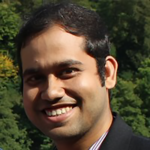 Suman Maity
Suman Maity
Faculty mentor: Roger Levy, Professor of Brain and Cognitive Sciences
Science has been experiencing vast gender imbalances in academic participation. Such inequalities have also been found in compensation, grant funding, hiring and promotions, authorship and citations. Despite progress in these areas in recent years, the presence of differential engagement with scholarship could lead to prolonged inequities in other areas. This imbalance can be attributed to the “Matilda effect,” in which the contributions of men are seen as more central and evaluated more highly, whereas women’s contributions are under-attributed and under-discussed. Due to the potential downstream effects of inequitable engagement with women-led and men-led work, the study of citation dynamics is a critical endeavor for understanding and addressing biases in science. In this study we seek to determine the existence and potential drivers of gender imbalance in citations.
We observe men-led teams showing higher citational preferences toward men-led papers and lower citational preferences toward women-led papers. Similarly, the women-led teams exhibit higher preferences toward women-led papers and lower preferences toward men-led papers. This citation behavior is consistent across all the subfields. Further, we also find a positive correlation between popularity of a sub-field and the gendered citation imbalance—the higher the popularity of the subfield (machine learning, computer vision, etc.), the higher the imbalance.
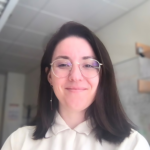 Ashley Thomas
Ashley Thomas
Faculty mentor: Rebecca Saxe, Associate Dean, School of Science, and Jarve Professor, Brain and Cognitive Sciences
Thomas will join the faculty of Harvard University next year and will continue this research as a CREOS visiting scholar.
Humans who join new social groups or find themselves in new social settings are faced with the challenge of understanding new social dynamics, norms, and social structures that are specific to this new setting. This is also true of early-career researchers who find themselves in the new setting of academia and their respective field. How do early-career researchers come to learn about the social dynamics of this new environment? How does their understanding of the social dynamics of their field affect their behaviors as researchers, and in particular open-science behaviors?
In this project we started by asking whether researchers indeed think about their field in terms of its social dynamics. We distributed a survey to researchers via Twitter and academic listservs. As we hypothesized, participants’ answers to questions about whether their field was hierarchical or competitive were highly correlated, suggesting cohesive ideas about the social dynamics in their field. To ask how these ideas relate to people’s decisions to engage in open science, we have collected data in two ways. The first setting is in lab meetings at the MIT School of Science, which will allow us to investigate how these perceptions of social dynamics influence open-science practices without only attracting supporters of open science to take our survey. The second is by distributing a survey to all researchers in the School of Science, which will allow us to have an exploratory data set. This data exploration will inform confirmatory tests we will do in the representative sample.
To learn more about CREOS research, visit libraries.mit.edu/creos.
